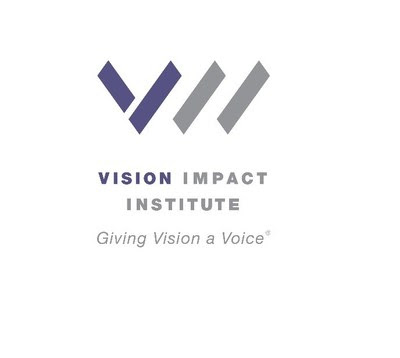Britain has opened its borders to fully vaccinated travelers from the United States and much of Europe, as the government continues to ease coronavirus travel restrictions.
Monday was the first day that travelers arriving in Britain from the United States and most parts of the European Union could do so without going into quarantine.
New arrivals must still be tested for the coronavirus before boarding a flight to Britain and within two days of arrival.
Britain is maintaining quarantine requirements for French travelers, saying the country has a concerning number of cases of the beta variant in some areas. The beta variant was first detected in South Africa.
Britain has one of the highest vaccination rates for its population with nearly 90% of adults having at least one shot.
The country will begin offering a booster dose of a COVID-19 vaccine to 32 million Britons starting in early September, The Telegraph reported Sunday. The shots will be available in as many as 2,000 pharmacies with the goal of getting them into arms by early December.
The government has been preparing since at least June, when the Joint Committee on Vaccination and Immunization (JCVI) called for a plan to offer the third shot to people 70 years old or older, home care residents and those who are vulnerable for health reasons.
US rules
In the U.S., more jurisdictions are requiring employees to get vaccinated or submit to regular testing as the country grapples with a rise of infections blamed on the delta variant.
Denver, Colorado, Mayor Michael Hancock announced Monday the city will mandate all city employees and private sector workers in high-risk settings to be vaccinated against the virus by the end of September.
New Jersey Governor Phil Murphy said state health care workers, along with workers in corrections facilities or assisted living centers, must be vaccinated or face testing twice a week.
In New York State, Governor Andrew Cuomo urged businesses to turn away unvaccinated customers. He said it is in businesses’ best interests because many customers want to know that the customer next to them is vaccinated.
The U.S. Centers for Disease Control and Prevention said Monday that 70% of U.S. adults have received at least one shot of a coronavirus vaccine. President Joe Biden had originally aimed to pass that milestone by July 4.
In Myanmar
A group of 16 humanitarian aid organizations has issued a joint statement warning about the “spiraling humanitarian catastrophe in Myanmar triggered by skyrocketing COVID-19 cases and widespread violence.”
“Over 60 percent of reported deaths from COVID-19 in Myanmar have occurred in the past month alone, with the number of confirmed cases doubling in the last two months,” according to the statement issued Monday.
“Health care facilities from Kachin to Mandalay to Yangon remain shuttered as health care workers face violence and threats,” the statement said. “More than 400 doctors and 180 nurses have been given arrest warrants since the military takeover in February 2021.”
“The communities we work with are desperate and dying. … The population needs safe and fair access to humanitarian aid and health care now,” Laura Marshall, country director for the Norwegian Refugee Council in Myanmar, said in the statement.
Around the globe
In Australia, officials extended a lockdown in Brisbane, the country’s third-largest city until Sunday because of a growing COVID-19 outbreak. Sydney, the biggest city in the country, is beginning its sixth week of lockdown.
Olympics organizers in Tokyo reported 17 new coronavirus cases tied to the Games, including one athlete. That brings the total number since the beginning of July to 276.
Germany said Monday that beginning in September, it will start to offer a booster shot against COVID-19 to vulnerable individuals, including the elderly and those with weak immune systems.
In Berlin, thousands marched Sunday to protest pandemic restrictions, and about 600 protesters were detained after clashes with police, The Associated Press reported.
While Germany eased many of its restrictions in May, large gatherings remain banned.
More than 200,000 people turned out Saturday in France to protest vaccination requirements.
There are 198.7 million cases of COVID-19 as of Monday and 4.2 million deaths globally, according to the Johns Hopkins Coronavirus Resource Center.
Source: Voice of America

